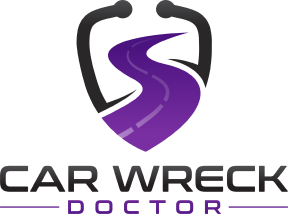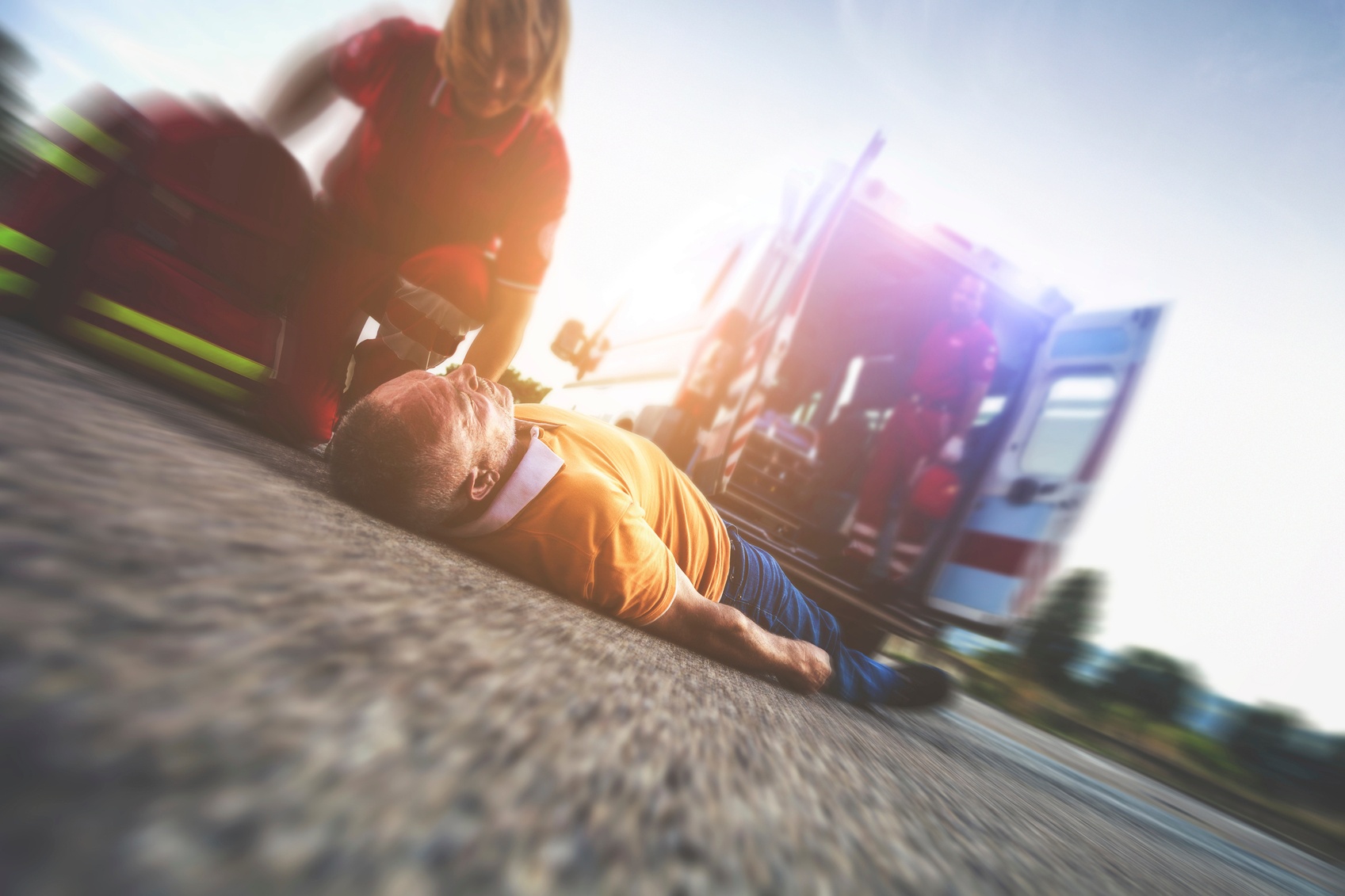Car accidents are rarely expected.
They happen out of nowhere, leaving the injured person confused and unsure of what to do next.
Automobile accidents are even harder to come to terms with if they were due to someone else's negligence.
If you were hurt in an accident that was caused by a negligent driver, one of the first questions you ask yourself is, "Who's going to pay for my medical expenses?"
Getting a settlement from a personal injury lawsuit is excellent. Getting a favorable verdict if your claim actually makes it to trial is just as good.
But those events happen long after your car accident. They don't help you pay any of your medical costs or out-of-pocket expenses right away.
Chiropractic care can do more than potentially restore you to full health. Read our blog post: "How Chiropractic Care Can Help Your Personal Injury Claim."
In the article below, we will talk about how your injury treatments get paid as you incur them.
To put it simply, it depends on your accident, where you live, and the types of automobile insurance that are involved.
Continue reading to find out more.
Table of Contents
- The Defendant Doesn't Have To Pay Your Bills on an Ongoing Basis
- No-Fault State
- At-Fault State
- Your Insurer Is Entitled To Reimbursement
- Contact A Personal Injury Attorney
The Defendant Doesn't Have To Pay Your Bills On An Ongoing Basis
A general rule of thumb is that the negligent parties will not have to pay for your accident-related bills on an ongoing basis.
When you get into an auto accident, you are usually responsible for paying your medical bills as you receive them.
The only exception is usually car accidents that happen in no-fault states. We'll talk more about that below.
Accidents involving med-pay bodily injury insurance coverage can also be exceptions.
Even if there is no doubt who that at-fault party is, most laws do not require them to pay your medical bills on an ongoing basis.
The law requires that if the other person is indeed found to be the driver at fault, he or she must pay for your claim damages.
In personal injury cases, medical bills are usually a significant part of those damages.
But that payment usually comes long after the car accident when you have finished all of your medical treatments and fully recovered from the accident injury.
The auto insurance company won't have to pay the medical bills as they come in.

"No-Fault" States
When you're injured in a car accident, the payment of your medical bills often depends on whether the accident happens in a no-fault state.
A no-fault car insurance policy means that your insurance carrier will pay for some or all of your medical care if you're in a car accident, regardless of who was at fault for the accident.
Each no-fault insurance plan will have limits with their no-fault coverage.
If your medical payments exceed that state's no-fault limit, you are responsible for paying the rest.
If you have health insurance, that will kick in and pay your medical bills.
If you are Medicare or a state-run health insurance program through Medicaid, they will pay your medical bills.
If you don't have health insurance and you are not on a state-run program, then you will have to work out payment arrangements with your health care providers.
If your medical bills exceed a certain amount or if your injuries qualify as serious, you'll be able to step outside of the no-fault system and file for traditional liability insurance coverage against the responsible party.
This process usually takes a long time to resolve, so you will still need to make arrangements to have your medical bills paid as they come in.
At-Fault States
If you are involved in a car accident in an at-fault or tort state, you will usually be responsible for paying your medical bills as you receive them.
However, some drivers in at-fault states have med-pay coverage. Med-pay will pay the medical bills of drivers or passengers involved in a car accident with the insured, up to the insured's med-pay policy limits.
These limits are generally less than $10,000.
If your bills exceed the med-pay policy limits, you will be responsible for paying them.
Med-pay coverage isn't always a requirement, so if you or the person at fault for the accident doesn't have med-pay coverage, you will be responsible for paying the bills.
Your Insurer Is Entitled To Reimbursement
If a health insurance company or a state-run agency pays the medical bills related to your accident, they are entitled to reimbursement.
If you eventually receive a personal injury settlement or a favorable court verdict against the at-fault driver, they will be reimbursed for what they paid.
So, for example, let's say you receive a settlement of $10,000.
If your insurance company paid $4,000 for your medical bills, they would be reimbursed that $4,000 from your settlement, leaving you with $6,000.

Contact A Personal Injury Attorney
Every car accident and personal injury case will be different.
Coordinating your medical payments involves strategy and knowledge of the law.
You should seek personal injury protection from an experienced accident lawyer right away.
When you hire a personal injury lawyer to assist with your insurance claim, you won't have to pay out of pocket to your medical providers for treatment, and your accident attorney will also help you receive compensation for vehicle damage.
An auto accident attorney will provide you with legal counsel, walk you through the legal process, file a claim against the negligent driver, handle all negotiations with the insurance companies, sign a lien of protection with your medical providers, ensure all vehicle repairs are taken care of, and make sure you receive fair compensation for pain and suffering.
At Car Wreck Doctor, we work with highly qualified and experienced attorneys who will help you file your claim for damage and ensure that you do not owe thousands of dollars to your health care professional.
Car Wreck Doctor also has a team of highly trained medical professionals who provide injury treatment and accident-related medical treatments to injured parties.
If you were involved in a car crash and want to file an accident lawsuit for physical damages and emotional distress against the at-fault driver, it's important to hire legal representation right away.
Click below to find out how an attorney can help you receive the financial recovery that you deserve for your accident claim.


